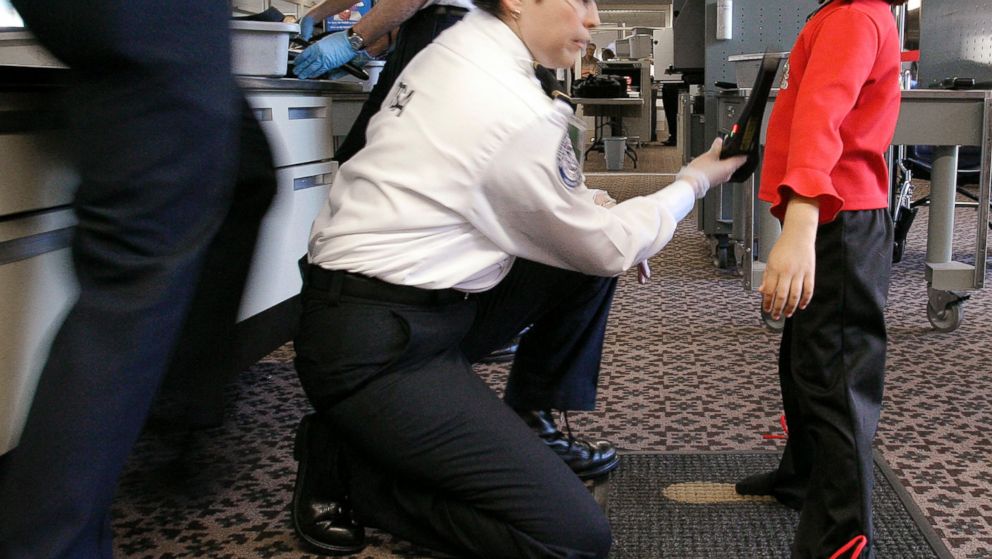Phoenix Airport Screenings Under Fire From Disabled Travelers
Phoenix Sky HarborAirport received double the national average of complaints.

Oct. 14, 2013— -- Screenings at Phoenix Sky Harbor International Airport are excessive and humiliating, say disabled travelers who've filed complaints with the Transportation Security Administration.
According to 2012 records, the airport received 26 complaints, more than double the national average, about its security checkpoint procedures. The majority of the grousing came from disabled passengers, or those who'd had breast cancer, who complained that they were made to remove various prosthetics in public. The complaints were first reported on by The Arizona Republic.
"Passengers with prostheses can be screened without removing them," the TSA states on its website, a policy that seems in conflict with multiple accounts from women who stated in complaints that they've been asked to take out their prosthetic breasts in public. One of these complaints came from an 82-year-old woman.
"At her age and physical capability, she posed absolutely no risk whatsoever to anyone's safety and should not have been subjected to such invasive and (undignified) treatment," the woman's grandchild wrote in the complaint obtained by The Arizona Republic.
On another occasion, a 92-year-old man in a wheelchair was reportedly asked to walk through a body scanner at the Phoenix airport, despite having had childhood polio.
TSA Policy on Medical Marijuana Is Murky, but May Be Easing
The TSA recommends on its website that travelers with disabilities carry a TSA Notification Card to communicate issues discreetly and to alert security agents to any problems before the screening process begins.
"The Transportation Security Administration strives to treat every passenger with dignity and respect," a representative from the TSA told ABC News. "During the screening process, if an anomaly is detected, secondary screening is required to ensure the passenger does not have threat items, such as explosives concealed under clothing. A passenger should not be asked to remove or lift any article of clothing to reveal a sensitive body area or to remove a prosthetic."
The representative went on to say that the "TSA works with numerous groups, including breast cancer organizations, to continually refine and enhance our procedures to improve the passenger experience while also ensuring the safety of the traveling public."
When asked why the number of complaints ranked so much higher in Phoenix relative to the rest of the United States, the TSA did not offer comment.






